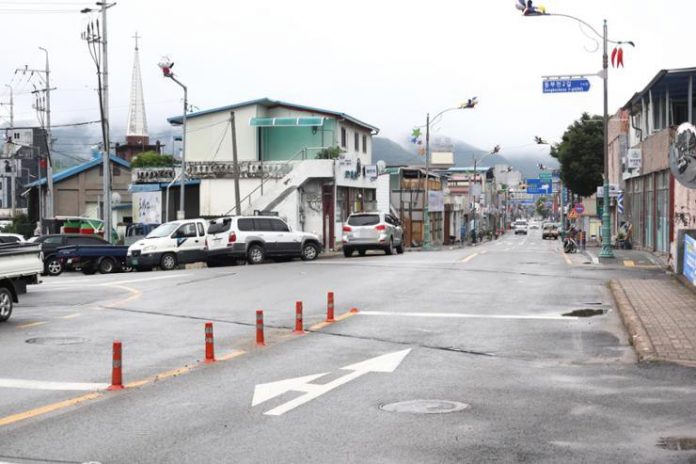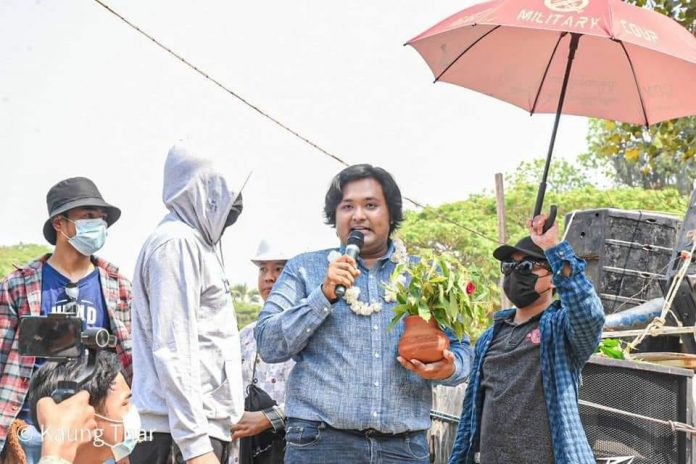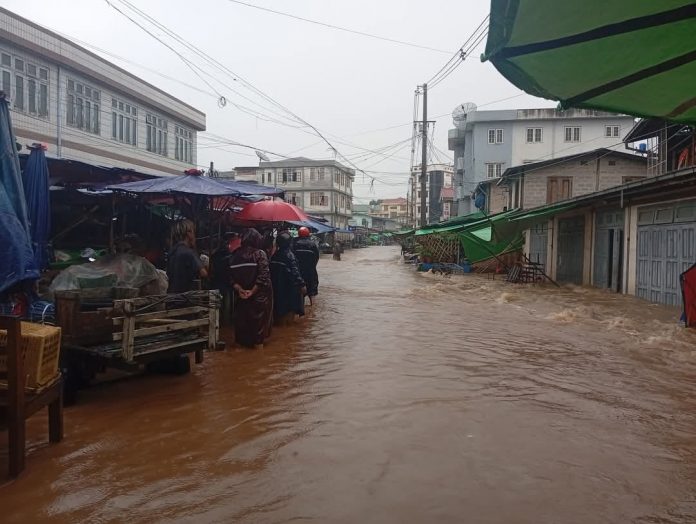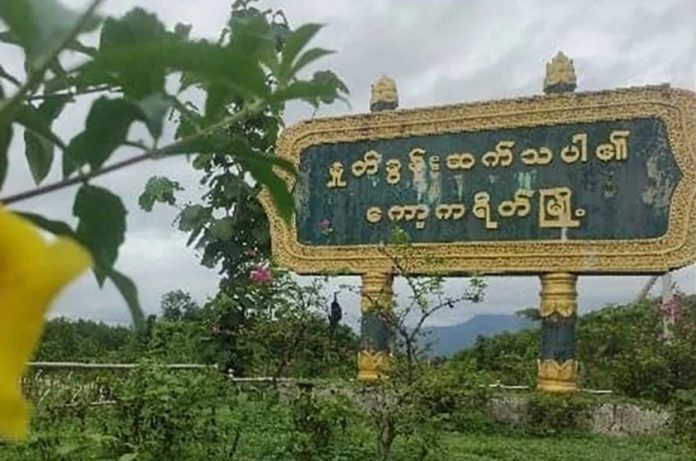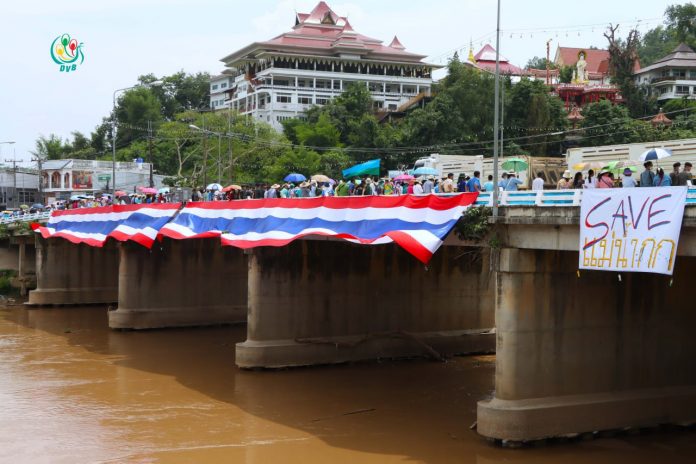South Korean officials announced on Wednesday that a resettlement plan for 40 refugees from Myanmar to South Korea has been stopped due to opposition from residents of Yeongyang County, North Gyeongsang Province, located 132 miles (215 km) southeast of the capital Seoul.
“The proposal to invite Myanmar refugees was still at an advisory and discussion stage, requiring further analysis. Due to coordination difficulties between the Ministry of Justice and local residents, the plan has been canceled,” Oh Do-chang, the Yeongyang County governor, stated in a press release on June 11.
South Korean authorities highlighted Yeongyang County’s “depopulation crisis” as a reason to resettle refugees in the community. This led to a plan in March to bring in refugees currently under the protection of the U.N. High Commissioner for Refugees (UNHCR) living in one of nine refugee camps along the Thailand-Myanmar border.
This is where 71-year-old Pe Kha Lau died on Feb. 2 after being discharged from a health facility in the Umpiem refugee camp in Thailand due to the U.S. foreign aid freeze. Korean media reported in March that Yeongyang County residents strongly opposed bringing Myanmar refugees from Thailand to South Korea.
“The issue of hosting Myanmar refugees in our country is not just a humanitarian one, but also a matter of public safety. As seen in Europe, many countries have faced problems, including a rise in crime, after adopting similar policies,” a Yeongyang County resident told The Korea Times newspaper.
A Myanmar pro-democracy activist based in South Korea told DVB on the condition of anonymity that it is crucial to keep Seoul as an ally.
“Under the new government, we need to make greater efforts to get more humanitarian assistance and change local attitudes positively,” he said.
The National Unity Government (NUG) issued a statement congratulating South Korea’s newly-elected President Lee Jae-myung. It called for increased solidarity with Myanmar’s democracy movement, the promotion of human rights and democratic values, as well as recognition of the NUG as Myanmar’s legitimate government.
“We express our sincere gratitude for your unwavering support of Myanmar’s pro-democracy movement and the Republic of Korea’s generous hospitality toward Myanmar nationals residing in the country,” the NUG press release stated on June 4 – one day after President Lee’s election.
The NUG established its first representative office in Asia in Incheon, located 17 miles (27 km) west of Seoul, in September 2021. Its other offices have since opened in the U.S., the U.K., Australia, Japan, and Czechia (Czech Republic).
The NUG office in South Korea reported processing nearly 1,000 passport renewals in November 2024, shortly after the regime’s Myanmar Embassy in Seoul issued a warning to its nationals in South Korea against renewing passports using stamps from the NUG, which were declared “illegal.”


